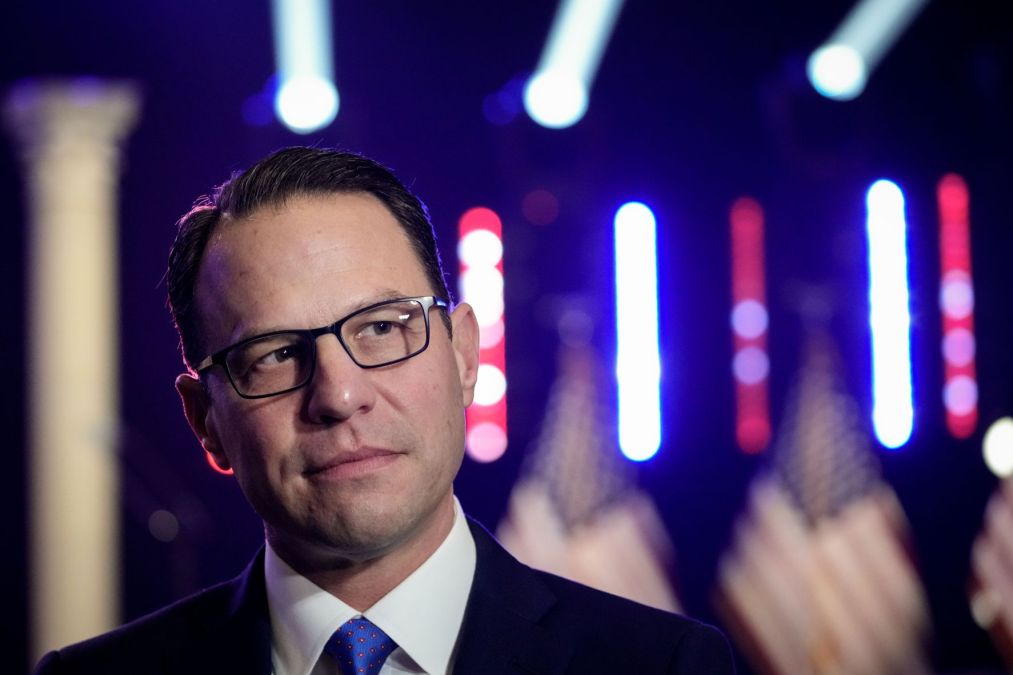Pennsylvania buys enterprise ChatGPT licenses through unique pilot with OpenAI

Pennsylvania Gov. Josh Shapiro on Tuesday announced a new pilot program in collaboration with OpenAI that will provide licenses for some state employees to begin using the company’s ChatGPT tool. While many government agencies are permitting their staffs to use generative AI for certain tasks, this deal marks the first such arrangement between the company and a state government.
Pennsylvania’s ChatGPT Enterprise pilot program, which is set to begin this month, will initially be limited to 50 employees of the Commonwealth’s Office of Administration, a state official told StateScoop. (The enterprise version of ChatGPT has additional cybersecurity, privacy and management features that are not found in the free consumer version.)
The state is permitting participating state employees to use ChatGPT for tasks such as creating and editing copy, making outdated policy language more accessible, drafting job descriptions to help with recruitment and hiring, writing computer code and addressing duplication and conflicting guidance within the state’s hundreds of thousands of pages of employee policy documentation.
“This pilot program is part of our commitment to embrace generative AI in a way that empowers our workforce to excel,” Pennsylvania Chief Information Officer Amaya Capellan said in a news release. “It is a critical first step in the Shapiro Administration’s goal to be a proactive leader in the adoption of generative AI to improve how we operate and deliver services to Pennsylvanians.”
Officials plan for the pilot’s findings to be used in driving wider integration of generative AI into the state’s operations and enhancing the productivity of Pennsylvania state employees. State officials said another 100 ChatGPT licenses will eventually be available to other agency employees after the first round of the pilot.
Officials said they’ll use feedback from employees in the pilot to understand the capabilities and limitations of generative AI in state government. The feedback will also inform the need for employee training and further expansion of ChatGPT in other departments, the release said.
Shapiro is expected to meet with senior OpenAI executives on Tuesday to discuss Pennsylvania’s approach to governing the use of generative AI. His administration’s announcement Tuesday notes that “no Pennsylvanian will interact directly with ChatGPT in any way when they interact with the Commonwealth.”
The new pilot program was recommended by Pennsylvania’s generative AI governing board, which was created by an executive order Shapiro signed in September.
To safeguard privacy, Pennsylvania officials said, their deal includes a provision that no data state employees put into ChatGPT will be used to train its deep learning models or be otherwise used by any future products from OpenAI. The state’s news release pointed to the enterprise version’s added cybersecurity measures as an assurance that no data will be unduly shared, and employees are also prohibited from entering sensitive data, such as personally identifiable information.






